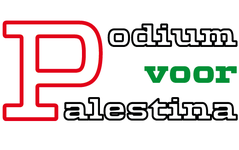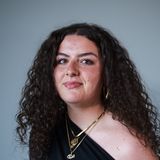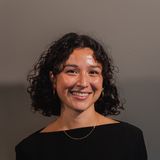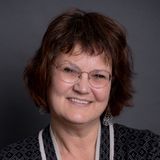This was Gaza. A place of humanity and creativity. Now devastated, its entire population displaced by a seemingly endless onslaught. Today, as its heritage is being destroyed, Gaza’s survivors preserve their culture through literature, stories and memories. Vignettes of artists, acrobats, doctors, students, shopkeepers and teachers across the generations offer stories of love, life, loss and survival. This remarkable book humanises the people dismissed as mere statistics and portrays lives full of joy and meaning. Daybreak in Gaza stands as a mark of resistance to the destruction, and as a testament to the people of Gaza.
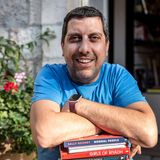

Mahmoud Muna is a writer, publisher and bookseller from Jerusalem, Palestine. He runs Jerusalem’s celebrated Educational Bookshop and the Bookshop at the American Colony Hotel, both centres of the city’s literary scene. Muna writes regularly on culture and politics, with bylines in the London Review of Books and Jerusalem Quarterly, among others. He recently published the first-ever Arabic edition of Granta magazine.
Matthew Teller is a UK-based author and broadcaster writing on place and culture, with a special focus on Palestine and the wider Middle East. His 2022 book Nine Quarters of Jerusalem: A New Biography of the Old City was a Daily Telegraph Book of the Year. Teller produces and presents documentaries for BBC Radio 4 and World Service, andreports for BBC Radio’s ‘From Our Own Correspondent’. His journalism is published by the BBC, Guardian, Independent, Times and Financial Times, among others. Teller is the author of Quite Alone: Journalism from the Middle East 2008–2019 and several travel guides, including the Rough Guide to Jordan.
Marianne Dagevos is the founder of Podium voor Palestina, a grassroots organisation aiming to connect Palestinian literature and culture with Dutch readers and to share the diversity, quality and relevance of Palestinian culture.

Samen met een Britse journalist verzamelde deze Palestijnse boekhandelaar ooggetuigenissen uit Gaza door de jaren heen. „Wij wilden documenteren wat er bestond in Gaza qua samenleving en ontwikkeling, zonder dit te romantiseren.”

We have all watched the genocide unfold in Gaza and seen images of the victims, but what are their stories, how have they lived their lives and what is the importance of Gaza in the larger struggle or a free Palestine? Join our MEMO in Conversation as we talk to the men behind 'Day break in Gaza' a book which provides insight through the stories of Palestinians Gaza.

The six pieces reproduced here offer glimpses of Palestinian humanity as the horror grew, from its first minutes into subsequent months.











